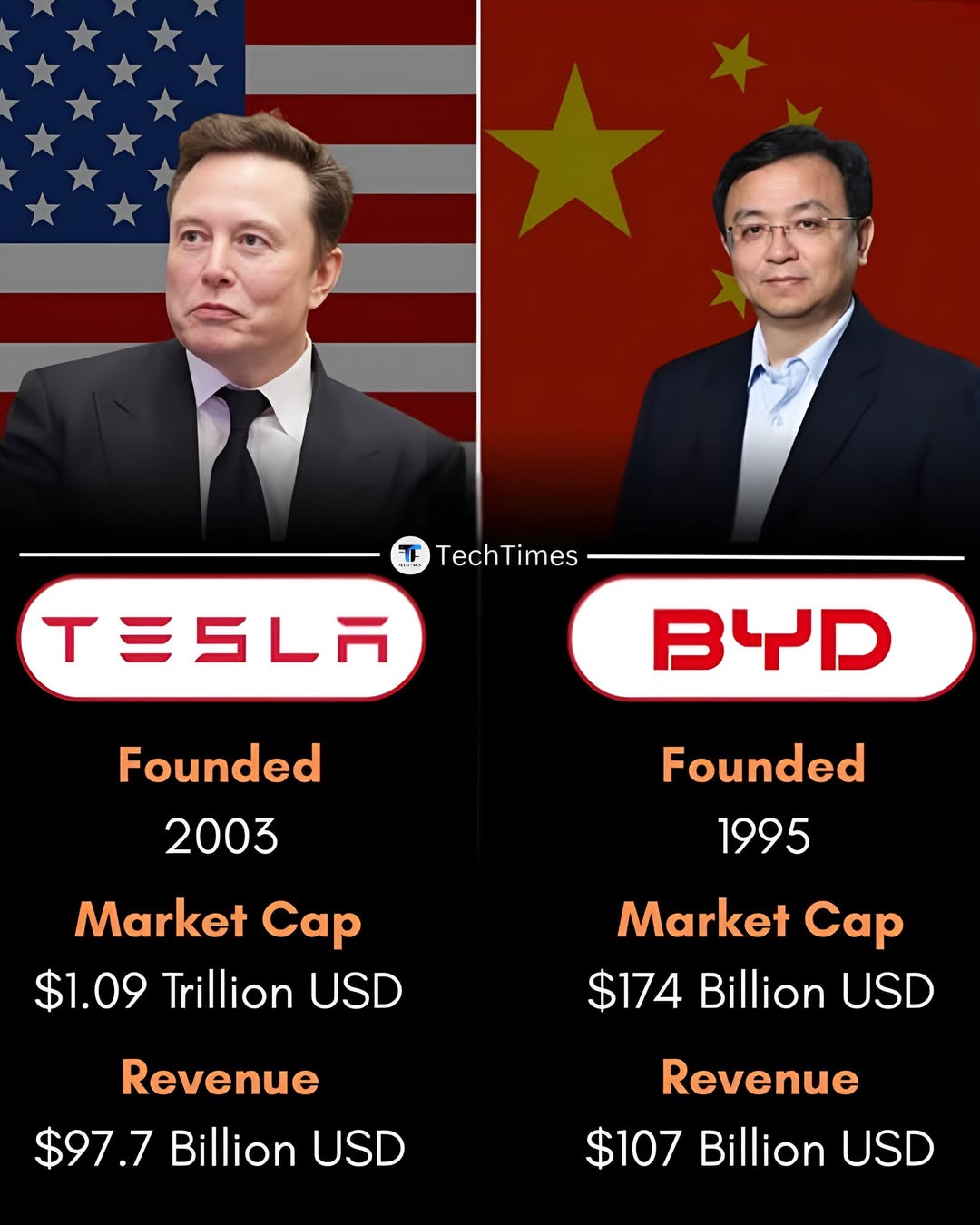China’s latest hydrogen-powered drone flew non-stop for 30 hours, setting a new national record — and sending a bold message about the future of aviation. Developed by AVIC and Tsinghua University, this 50kg UAV isn’t just impressive — it’s carbon-free, whisper-quiet, and runs on the most abundant element in the universe.
With 5G control systems and eco-friendly propulsion, this drone proves that the skies of tomorrow could be clean, connected, and completely hydrogen-powered. No fuel. No emissions. Just pure flight.
See the drone record and potential:
search&growReferrer=true
#HydrogenDrone #GreenAviation #SustainableFlight #ChinaTech #AerospaceInnovation #FutureIsHydrogen #CleanEnergyTech #UAVRevolution
With 5G control systems and eco-friendly propulsion, this drone proves that the skies of tomorrow could be clean, connected, and completely hydrogen-powered. No fuel. No emissions. Just pure flight.
See the drone record and potential:
search&growReferrer=true
#HydrogenDrone #GreenAviation #SustainableFlight #ChinaTech #AerospaceInnovation #FutureIsHydrogen #CleanEnergyTech #UAVRevolution
China’s latest hydrogen-powered drone flew non-stop for 30 hours, setting a new national record — and sending a bold message about the future of aviation. Developed by AVIC and Tsinghua University, this 50kg UAV isn’t just impressive — it’s carbon-free, whisper-quiet, and runs on the most abundant element in the universe.
With 5G control systems and eco-friendly propulsion, this drone proves that the skies of tomorrow could be clean, connected, and completely hydrogen-powered. No fuel. No emissions. Just pure flight.
See the drone record and potential:
search&growReferrer=true
#HydrogenDrone #GreenAviation #SustainableFlight #ChinaTech #AerospaceInnovation #FutureIsHydrogen #CleanEnergyTech #UAVRevolution









